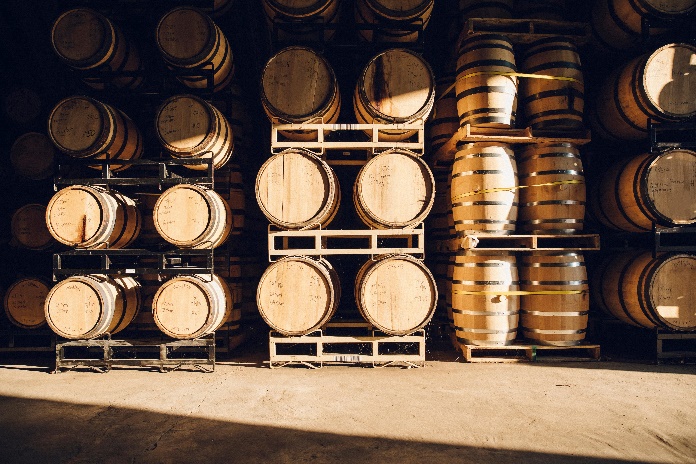A liquor license is a municipal permit issued to a business or individual to permit the sale and/or onsite consumption of alcohol at certain establishments permitted by state and local laws. There are 3 general classes for liquor licenses:
- Class A liquor licenses allow the retail sale of beer, wine, liquor, and cider for consumption off premises. Liquor stores, grocery stores, and convenience stores need this license to operate.
- Class B licenses allow retail sale of beer, wine, and liquor for consumption on premises, dependent on municipality. This also permits consumption of liquor and wine in sealed containers for consumption off premises.
- Class C licenses allow sale of wine for consumption only on the premises and allows the carryout of a single, opened, resealed bottle IF sold with a meal.
A business or individual must apply for a liquor license with Clerk of the city, village, or town where the license will be used. Each establishment requires its own license, even if operated by the same owner or under the same name. While each municipality has its own process for reviewing and approving license applications, generally the process will incorporate the following steps: (1) The clerk will review the application for compliance with state and local rules. (2) After that, a board votes on the application, usually referred to as the licensing authority.
Retail liquor licenses may only be granted if the applicant is 21 or older, has resided in Wisconsin for at least 90 days, and has a seller’s permit issued by the Department of Revenue. Applicants must also remember to consider local zoning issues that may inherently prevent alcohol sales, even if all other requirements are met. For example, the state prohibits the sale of alcohol within a certain distance of churches and schools.
Most municipalities also require license holders to renew their license on an annual basis. Depending on the municipality, the standard of review for renewal applications may differ from an initial application for licensure. If a liquor license is revoked or denied, there are administrative appeal procedures.
As you can see, there are many factors to consider when applying to sell and serve alcohol at your business. Our attorneys at OVB Law & Consulting, S.C. are familiar with both state and local liquor license requirements and will be able to advise you on the requirements specific to your business to streamline the application process.



